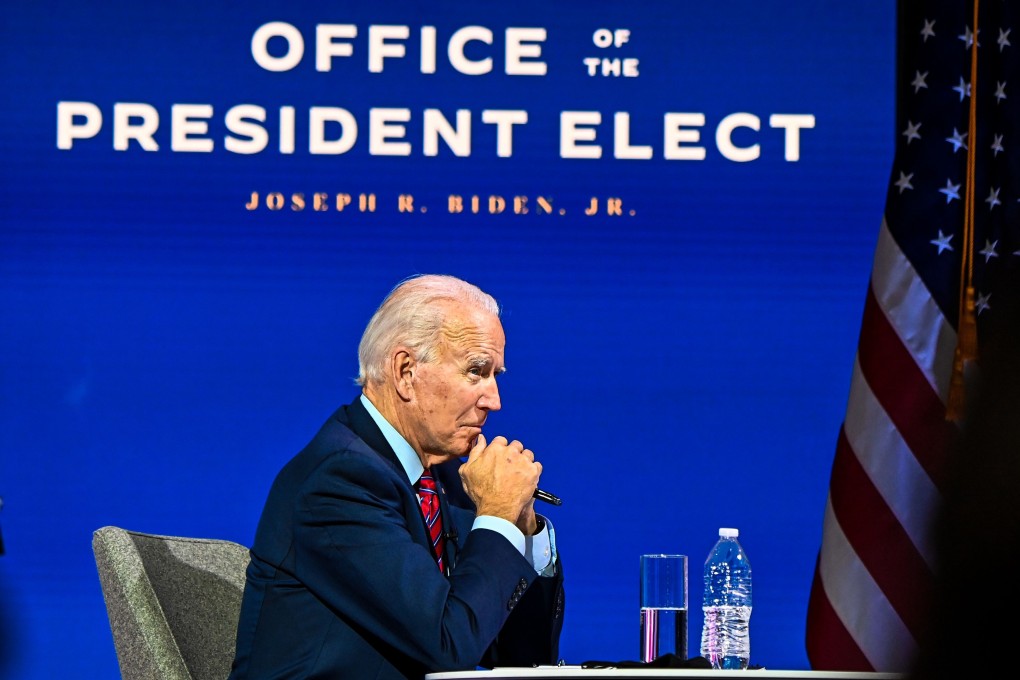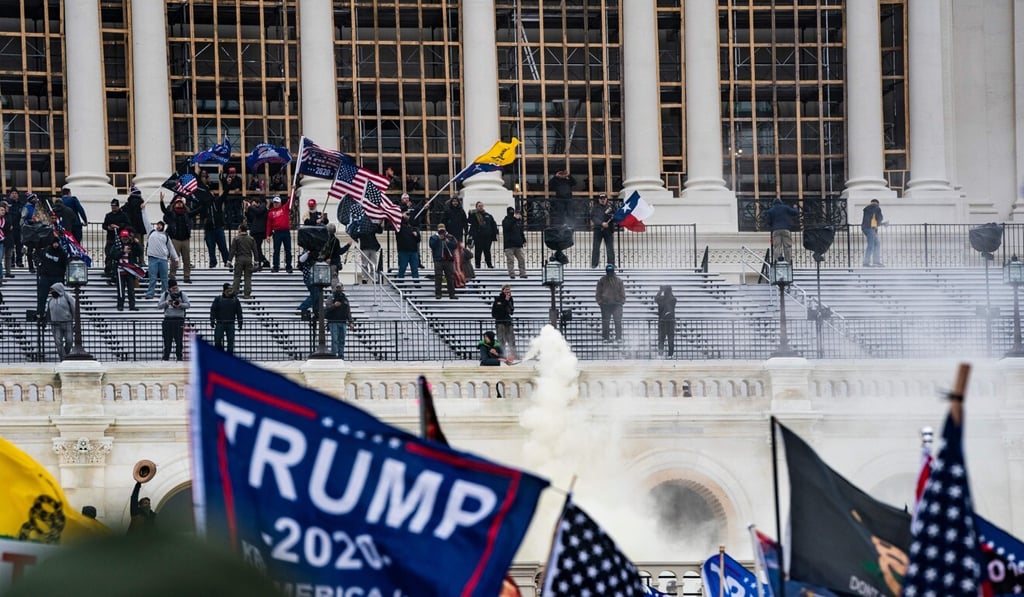Editorial | Trump’s failures are now a challenge that Biden has to face
- The new American leader, who takes office this week, has inherited a litany of issues, from dealing with Covid-19 to repairing frayed international ties

Restoring the faith
Repairing America’s reputation abroad and mending the fabric of society are overlapping priorities. Reputational damage includes uncertainty, loss of trust, weakening of alliances and repudiation of institutions that Washington helped create. There is a need to restore Americans’ faith in multilateralism. That is relevant to putting relations with China back on the right track. Improvement in the United States’ increasingly dysfunctional relationship with China is critical to international peace and stability. The world’s most important bilateral engagement has sunk to new lows, with Trump having repeatedly blamed China for the pandemic.
Politically, Biden may feel compelled to give priority to repairing American democracy, through reconciliation and reforging of bipartisan consensus that built the nation. But the world, and especially Beijing, will be looking for signs that so-called Trumpism – characterised by an erratic anti-China stance – has had its day, and the implications for relations in the long-term. At stake are free trade and globalisation, key elements of global economic growth. A trade war started by Trump, following his abandonment of regular strategic economic dialogue with China, redefined relations. A phase one trade deal signed a year ago brought a ceasefire, though China remains behind in its commitment to buy more American goods – though its imports kept growing – and the trade deficit has grown. Hopefully, the phase one deal may yet serve as a foundation for constructive engagement on trade and economic issues. Meanwhile, however, Chinese companies have found themselves targeted with sanctions, black lists and tariffs as Sino-American relations have soured. Many last-minute measures are designed to limit the ability of his successor to shift US policy. This has done nothing to counter anti-China sentiment that plays into an undercurrent of isolationist sentiment in America.

